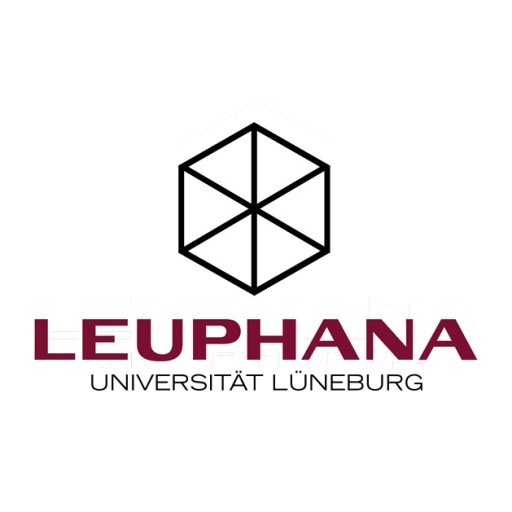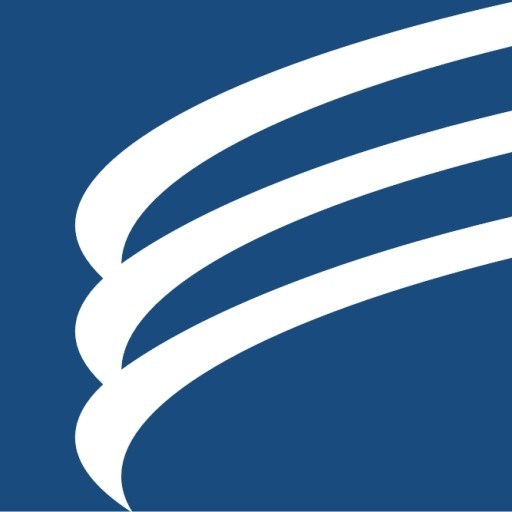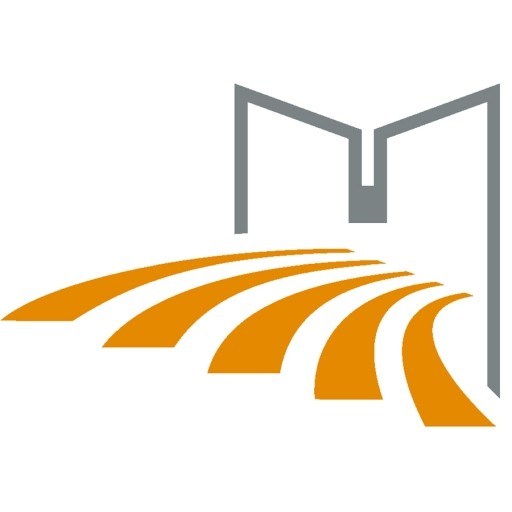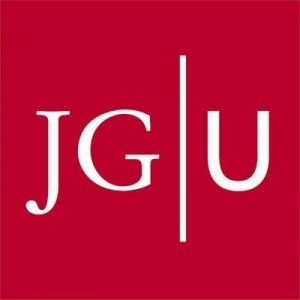Photos of university / #leuphana
The International Economic Law (Dual Degree) program at Leuphana University of Lüneburg offers students a unique opportunity to gain comprehensive knowledge and practical skills in the field of international economic and trade law. Designed for ambitious students aiming to pursue careers in global legal and economic sectors, this program provides an interdisciplinary approach that combines theoretical foundations with applied learning. Participants will explore a wide range of topics including international trade regulations, investment law, dispute resolution, economic integration, and the legal aspects of globalization. This dual degree program is structured to enable students to study at two prestigious institutions, enhancing their academic credentials and intercultural competencies.
The program typically spans over two years, during which students will undertake coursework, seminars, and workshops led by experienced faculty members and practitioners. Through participation in moot courts, internships, and research projects, students will develop critical thinking, analytical skills, and practical expertise necessary for resolving complex legal issues in international economic contexts. Emphasis is also placed on understanding the regulatory frameworks established by organizations such as the World Trade Organization (WTO), International Monetary Fund (IMF), and World Bank, as well as regional agreements like the European Union.
Graduates of this dual degree program will be well-equipped to pursue careers in international law firms, governmental agencies, international organizations, NGOs, or multinational corporations involved in trade and investment activities. The program's international orientation and collaboration with partner universities provide students with valuable networking opportunities and cultural experiences that prepare them for global careers. Upon completion, students receive degrees from both participating institutions, recognizing their advanced expertise in international economic law and their readiness to meet the demands of a dynamic global legal landscape.
Educational organisation
The study programme will be completed in Lüneburg and Glasgow, whereby students will spend the first study year in Lüneburg and the second year in Glasgow. The Master's thesis can be written either in Glasgow or in Lüneburg.
In Lüneburg, a total of six compulsory modules have to be completed. Each of the following compulsory modules bears 10 credits: International Law, International Economic Law, European Law, European Economic Law, International Private Law and European Private Law. In Glasgow, in addition to the compulsory module International Law & International Economic Governance, students have the opportunity to choose one pathway specialisation out of six in the field of international economic law.
Study abroad unit(s)
Second year in Glasgow, Scotland
Internships
None
Forms of assessment
- Invigilated written examinations
- Oral examinations
- Extensive term paper
- Combined scientific work
- Attainment of practical skills
- Master's thesis
Course objectives
Students will be prepared specifically for management positions in multinational companies, as well as advisory positions in both the public and private sector. This will be achieved by means of a comprehensive and in-depth analysis of the international economic law and its embedding in national law, in combination with a focus on a core area of international economic law and the acquisition of interdisciplinary skills, particularly in language and intercultural competences. The different opportunities for specialisation thus allow for an emphasis on various professional fields as well as for professional careers in academic contexts in research, teaching, and administration.
Language requirements
For applicants whose first language is not English, the awarding universities set a minimum English language proficiency level:
- International English Language Testing System, Academic (IELTS Academic) 6.5 test with no section below 6.5
- Internet-based TOEFL test with at least 92 points and no section below 22 points, in the spoken English section not below 23 points
- Cambridge Advanced Certificate of English (CAE) with Grade B or better
- Cambridge Certificate of Proficiency in English (CPE) with Grade C or better
- Pearson Test of English, Academic Test (PTE Academic) with at least 68 points and at least 60 points in the written English section
Academic requirements
First university degree and grades
A general admission requirement is to demonstrate your qualification by holding a Bachelor of Laws (LLB) or a Bachelor's degree with predominantly legal components, the First State Examination ("Erstes Staatsexamen"), or an international equivalent. Non-German degrees will be examined with regard to their equivalence based on assessment proposals of the Zentralstelle für ausländisches Bildungswesen (https://www.kmk.org/themen/anerkennung-auslaendischer-abschluesse.html).
Even if you have not completed your Bachelor's degree, you may apply for the Master's programme. You have to prove successfully completed courses at 81% of the required total performance (total performance of 180 CP or 210 CP depending on your study programme). In case of acceptance, you have to hand in your diploma by no later than the start of the Master's programme.
Discipline-specific requirements and credit points
As International Economic Law is a postgraduate degree programme, you need at least 60 credit points in law from your Bachelor's programme. If your diploma does not exhibit any credit points, you should ask your examination office to give proof of the necessary percentage share.
Enrolment fees
In Lüneburg: approx. 670 EUR for one year (subject to change). Fee includes a semester ticket, covering public transport in Lüneburg and the surrounding area (e.g. Hamburg, Bremen, Lübeck) and almost all regional trains in Lower Saxony, plus rent-a-bike and free entrance to many cultural events in Lüneburg.
In Glasgow, see: http://www.gla.ac.uk/
Costs of living
Approx. 900 EUR per month to cover personal expenses in Lüneburg
- Accommodation: 350-450 EUR
- Food: 190-250 EUR
- Health insurance: 80 EUR (not applicable to EU students)
- Leisure activities, books, clothing: 120-200 EUR
Job opportunities
International students with a residence permit are allowed to undertake a limited amount of paid employment (max. 120 days per year, alternatively 240 days part-time up to four hours a day).
Arrival support
Students who have given sufficient notice of their arrival time will be picked up either at Lüneburg train station or, if they travel by car, at an arranged meeting point. The International Office offers an orientation programme for all international students before the start of every semester. Students will receive assistance with all formalities, e.g. the registration with local authorities, and will be introduced to the services and facilities provided by Leuphana University of Lüneburg, e.g. enrolment, course choice and registration, sports facilities.
Services and support for international students
At Leuphana University, there are a number of services for students, like the Student Counselling and Advisory Service, Social and Legal Counselling, Psychological Counselling, Writing Centre, Studying with Children, etc.
Additionally, the International Office provides advisory and social activities especially for international students. International student advisers and tutors will support the students during their stay. Furthermore, a variety of excursions and cultural events are offered. All international students are invited to reflect on the progress of their studies in a confidential meeting at least once during each stage. In addition, extensive support is provided by faculty and staff of Leuphana College.
Accommodation
Websites and relevant addresses for finding accommodation in Lüneburg are listed on the International Office website. See: http://www.leuphana.de/international-office









